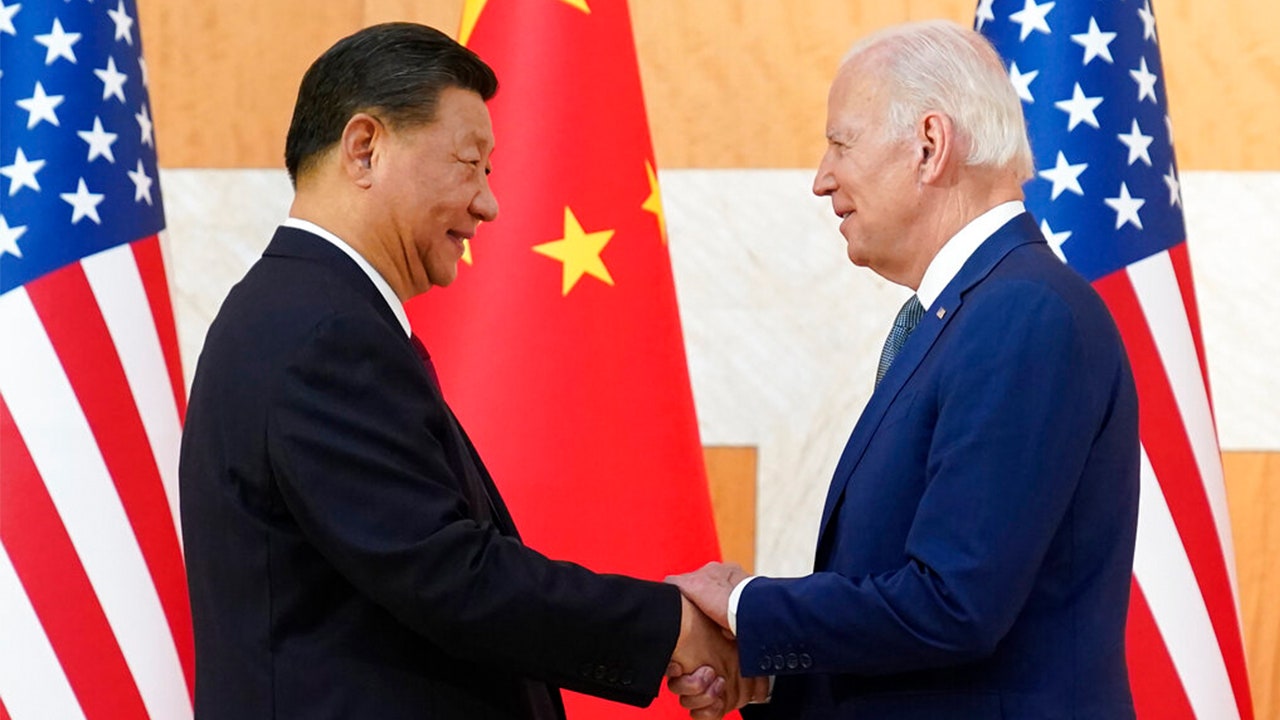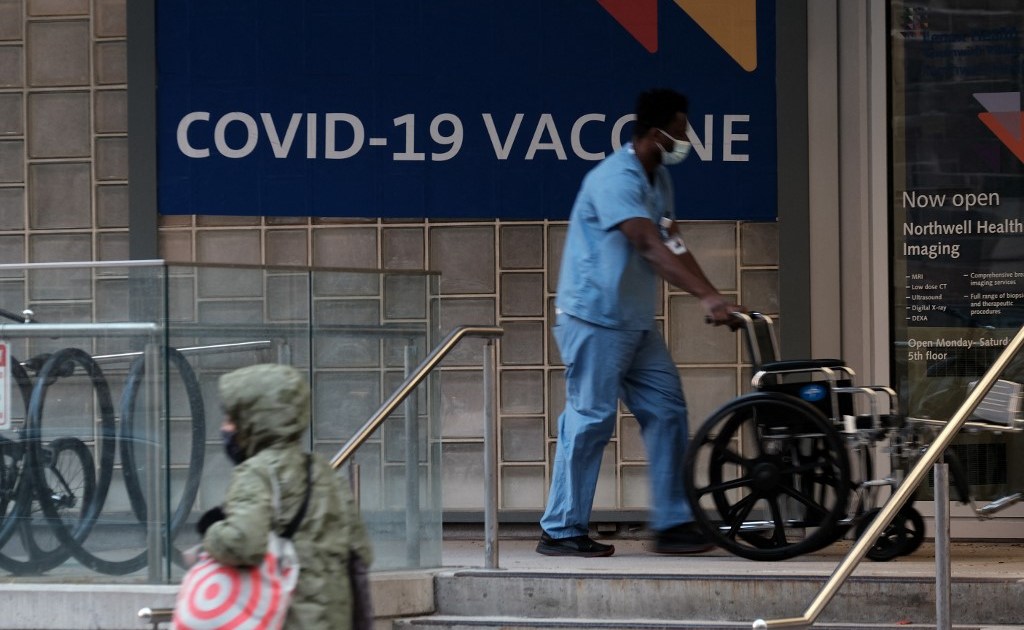Regulators deny First Nations’ request to delay Enbridge’s Line 3 pipeline replacement in Minnesota
A regulatory panel on Friday denied a request from two First Nations to prevent Enbridge Energy from moving forward in Minnesota with its Line 3 crude oil pipeline replacement, which broke ground this week after receiving its final state permit.
Line 3 begins in Alberta and clips a corner of North Dakota before crossing Minnesota on its way to Enbridge’s terminal in Superior, Wis. Calgary-based Enbridge said replacing the deteriorating pipeline, which was built in the 1960s and runs at only half its original capacity, is the best option for protecting the environment while meeting the region’s energy needs.
The replacement segments in Canada, North Dakota and Wisconsin are already operating, leaving only the 542-kilometre stretch in Minnesota. Altogether Enbridge expects to spend $2.9 billion on the U.S. portion.
Enbridge began construction on the Minnesota portion after receiving a construction stormwater permit from the Minnesota Pollution Control Agency on Monday, the final obstacle following years of legal challenges and environmental reviews. The Alberta government had hailed the news as a win for the province, and for North American energy security.
The Red Lake and White Earth Bands of Chippewa asked the independent Public Utilities Commission (PUC) to stay its earlier approval of the project, citing pending litigation before the Minnesota Court of Appeals.
Attorneys for the two northern Minnesota First Nations argued that allowing construction to continue would cause irreparable harm should the court rule in their favour.
The commission voted 4-1 to reject the request.
Commissioners said further delaying construction would hurt workers who have already arrived in northern Minnesota, and that the court has the authority to halt construction on its own should it rule in the First Nations’ favour.
Members also cited Democratic Gov. Tim Walz’s executive order designating construction as critical amid the COVID-19 pandemic, and Enbridge’s COVID-19 safety protocols.
“I think it would be an unconscionable disregard for the irreparable harm to these workers if the commission grants the motion to stay,” commissioner Valerie Means said.
“I will not support granting the motion to stay and driving these workers into unemployment where work is available, can be done safely, and there’s no credible evidence to the contrary.”
Means, chairwoman Katie Sieben and commissioners John Tuma and Joseph Sullivan voted to deny the motion. Commissioner Matthew Schuerger cast the dissenting vote.
Enbridge hopes parties will accept ‘thorough, science-based review’
The company provided an updated COVID-19 plan on Wednesday that includes on-the-job safety measures that include regular testing and daily health and temperature screenings, as well as off-site protocols for workers to prevent community spread.
“This decision is a reconfirmation of the Minnesota Public Utilities Commission’s previous approvals for the replacement of Line 3,” Enbridge spokeswoman Juli Kellner said in a statement that also noted that more than 1,000 people were now working on the project.
“We hope all parties will now accept the outcome of this thorough, science-based review of Line 3.”
When the construction stormwater permit was approved earlier in the week, the Alberta government commended the “hard work and perseverance” of Enbridge employees.
“Canada and the U.S. have built the world’s strongest, most interdependent and trusted energy trading relationship. Alberta has, and will continue to be, a stable, secure and responsible energy supplier to the U.S.,” Alberta Energy Minister Sonya Savage said in a statement,
“Our relationship is even more important during these uncertain times as our continued energy partnership will be critical to the continent’s post-pandemic recovery.”
The Alberta government said it would continue fighting for other pipelines as well.
Panel should have waited for Appeal Court, activist argues
Opponents say the pipeline threatens spillage and irreparable damage to waters the First Nations use to fish and harvest wild rice, and that the influx of construction workers into communities along the Line 3 corridor would worsen the spread of COVID-19.

Winona La Duke, executive director of Honor the Earth, called the decision “predictable” and criticized the panel for not waiting for the Appeal Court
“Without a stay, Line 3 would be constructed before the court could determine if the PUC broke the law, making the case moot,” LaDuke said in a statement. “The Court of Appeals should have the opportunity to decide if the PUC broke the law.”
Two protesters on Friday climbed and occupied trees along the Line 3 corridor that are set to be cut down to make room for drilling in an attempt to slow construction, according to a release from an activist group.
The Aitkin County Sheriff’s Office didn’t immediately respond to questions about the claim.
Kellner did not directly confirm the protest when asked, but said the company won’t tolerate illegal activities.





